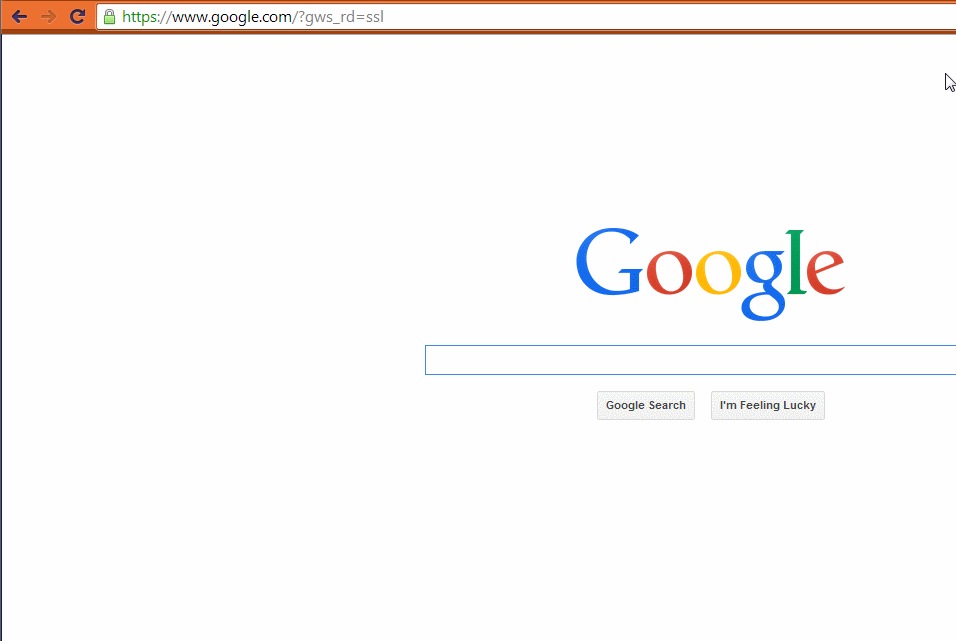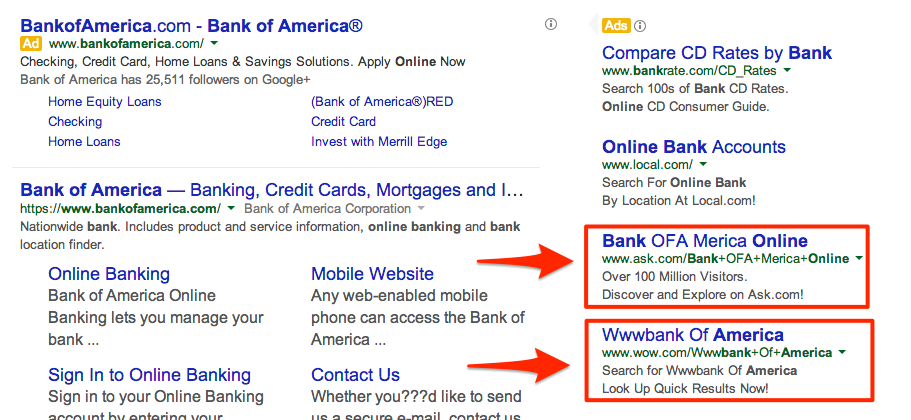PPC Trademark Abuse is a Bigger Deal Than You Think

Ever notice those annoying and shamelessly spammy AdWords ads? I’ll give a good example that shows even the mighty Nike brand isn’t immune to what is known as “third party trademark abuse.”

Trademark abuse is rampant on Paid Search channels like AdWords, and if left unchecked, it can drive CPC’s higher, lower your CTR, and ultimately hurt brand image. In this search for a “nike sale,” an abuser makes money if I click through on the text ads on this Shop 411 page.
To get to the bottom of what trademark abuse means to a PPC advertiser and how it can hurt performance, we caught up with BrandVerity‘s trademark abuse expert, Sam Engel.
Sam: Glad you asked! I could talk for hours about this, but I’ll try to keep it short. Generally, when it comes to paid search, 3rd party trademark abuse refers to unauthorized trademark usage by advertisers who are completely unrelated to the brand. Typically, a trademark abuser will place an ad on a branded keyword and use the brand’s trademark in their ad copy. There are tons of interesting (and frustrating) ways that advertisers do this. One that we commonly see at BrandVerity is search arbitrage by sites like Ask.com, About.com, and laundry list of others. Here are a couple examples of it:

These ads were triggered by a search for “Bank of America Online” on Google. If you actually click on the ads I’ve highlighted above, you’re taken to pages that perform new searches for similar keywords and pull in more ads. That’s their entire purpose, to show users additional ads—with the hope that users will click on more of them.
 And this is just one type of trademark abuse! We see all sorts of other schemes, including toolbar and malware promotion, phishing, direct competitors masquerading as our clients’ brands, and even mobile cramming. The result is an interference with brands’ paid search campaigns and a poor experience for customers who are searching for them.
And this is just one type of trademark abuse! We see all sorts of other schemes, including toolbar and malware promotion, phishing, direct competitors masquerading as our clients’ brands, and even mobile cramming. The result is an interference with brands’ paid search campaigns and a poor experience for customers who are searching for them.
Fortunately, by reporting this abuse to the search engines and getting it taken down, we’ve seen clients significantly reduce their cost-per-click on branded keywords and recoup traffic that was previously being lost to these dead-end, trademark-abusing sites.
Sam: We provide a set of software services that enable online retailers to protect their brands. Primarily, we help retailers in paid search. Our system uncovers various forms of brand abuse in search engine advertising, such as affiliate hijacking and 3rd party trademark abuse. You’d actually be surprised by the amount of bad stuff that we find—it seems that new advertisers are always getting into the trademark abuse game (of course, we’re always happy to help our clients take those ads down!).
Our role is to help clear these ugly ads off the SERPs and protect our clients’ brand names. Once we’ve identified a violation, we help our clients take immediate action against the offending ads. On the affiliate side, we have tools for sending violation letters to affiliates who break their program’s rules. On the 3rd party trademark abuse side, we have a set of custom processes with Google and Microsoft for getting trademark abusing ads taken down. The results are lower cost-per-click, increased clickthrough rate, and better brand integrity when people search for a retailer’s branded keywords.
Sam: In our interface, we provide an Ad Detail report for every single ad that our monitoring system collects. This helps when we submit batches of trademark complaints to the search engines, making it easier for their teams to identify the ad and then make sure it gets taken down.
Generally, we try to err on the side of providing more information to our clients rather than less. This approach helps our clients understand how their own ads are performing against competing ads (including ads placed by trademark abusers, but also ads from other parties such as direct competitors). Detailed information about a group of ads can all be exported as a CSV for analysis. Plus, we also provide tools for measuring ad performance with our Share of Voice, Top Advertisers, and Average Position reports.
![]() Sam: Typically, our clients are major online brands. Many of them are in retail and ecommerce, but we protect brands in insurance, consumer finance, education, travel and other industries as well.
Sam: Typically, our clients are major online brands. Many of them are in retail and ecommerce, but we protect brands in insurance, consumer finance, education, travel and other industries as well.
One way I like to think of our fit with a potential client is by asking “Is this a brand that people commonly search for?” That’s usually a good barometer for whether it makes sense to use our technology. Building a valuable brand is hard work—and unfortunately, the bigger your brand, the more opportunities there are for abuse. More searches for your branded keywords mean more SERPs where questionable advertisers can target your brand.
Of course, that doesn’t mean that you have to be an industry giant like Amazon to use us. Our service scales up and down pretty readily, so we can serve smaller-sized brands quite well. We work with a lot of retailers who are outside of the IR 100, and still provide a positive ROI for them.
Sam: Yes! We actually just launched a tool for monitoring Product Listing Ads. It’s an early version, but includes plenty of reports that provide online retailers with much-needed visibility into PLAs. For example, users can track the top sellers on a set of keywords, evaluate competition on specific products, see what searches return PLAs the most often, and even see how well they compare on price. Many of our current customers are providing us with feedback about the tool, and we’ll look to iterate on it and refine it over the near-term.
Sam: We’re always happy to provide brands with a demo of our service! In the demo, we make sure to set up our monitoring just as we would with a paying client. We include the keywords that are most relevant to the brand, and give users full functionality of our tools. That means users can immediately take advantage of our custom processes with the search engines and start getting trademark abuse taken down. Brands can request a demo here.
About Sam:
Sam is the Marketing Manager at BrandVerity, where he enjoys exploring trademark and compliance topics. In particular, Sam has a strong interest in all the trademark issues that come up in paid search.
